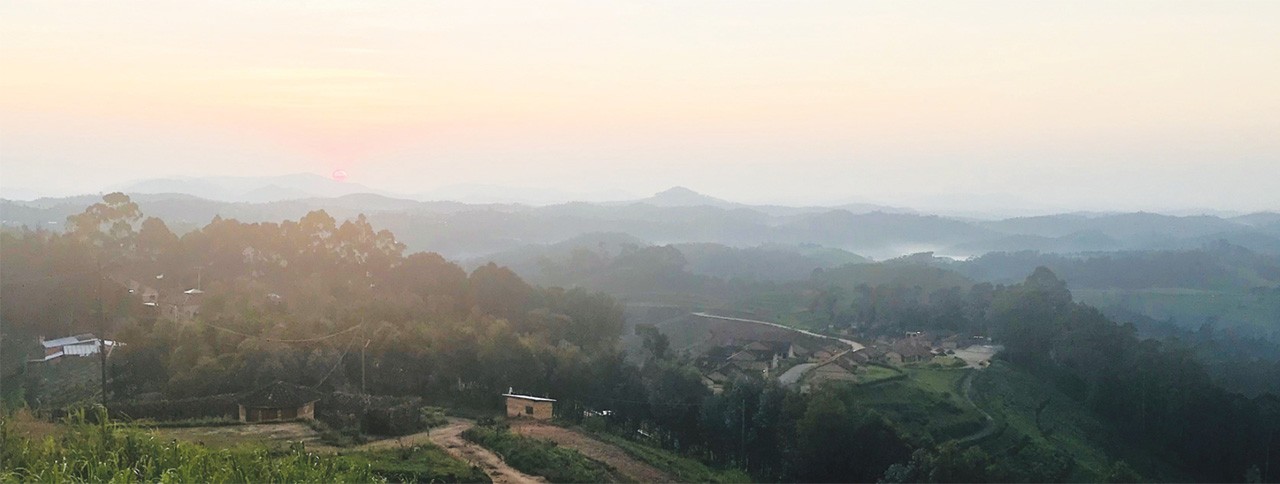Building a Better World: Malawi
Working with Harnish, architecture student Ryan Elizabeth Clark’s research centered on pediatric care in rural Malawi, where rapid population growth causes gaps in preventive care. Clark discovered that customizing each clinic through local fabrication and art is critical for a community’s economy and acceptance, but she also knew that expedience and construction quality control are important to the government and the international community. As a result, she developed a building prototype that judiciously employs both prefabricated assemblies and local materials and methods. Hardi Shah’s undergraduate research project sought to provide timely treatment of motor vehicle accident victims in developing countries: she designed a mobile triage trailer capable of bringing medical supplies to patients at major accident sites and providing a sheltered triage space. The strategy provides more rapid care and reduces the impact of mass-casualty events on local healthcare facilities. These kinds of architectural research and development projects undertaken by Jefferson faculty and students have the potential to improve community-based services throughout Africa and the world.

